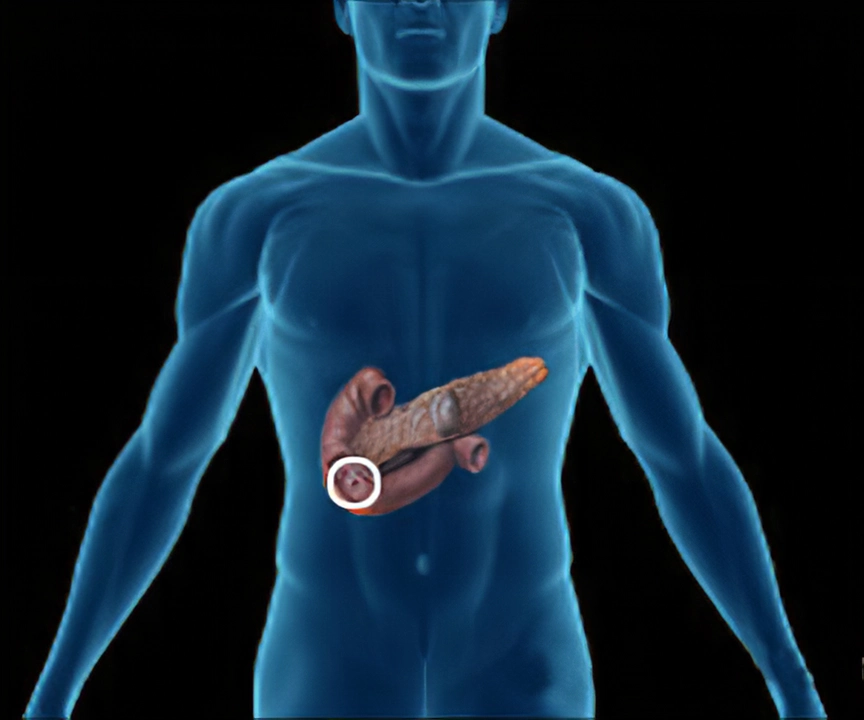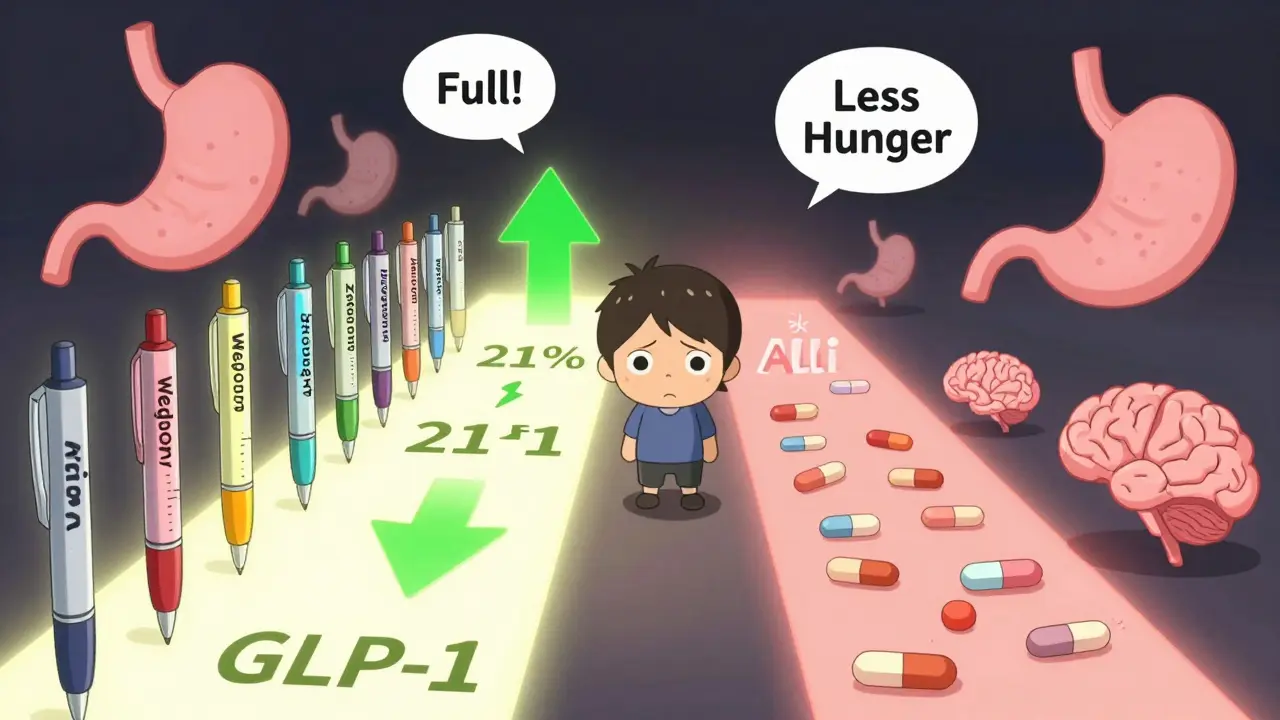Zollinger-Ellison Syndrome: What You Need to Know
If you’ve ever wondered why some people get stubborn stomach ulcers, Zollinger‑Ellison syndrome (ZES) might be the answer. It’s a rare condition where small tumors in the pancreas or duodenum release too much gastrin, a hormone that tells your stomach to make acid. The result? Very high stomach acid levels and ulcers that don’t heal easily.
Symptoms & Warning Signs
Most folks with ZES notice a burning feeling in the upper belly that doesn’t go away with antacids. The pain often gets worse after meals because the extra acid attacks the lining of the stomach and small intestine. Common signs include:
- Persistent heartburn or acid reflux
- Frequent, painful ulcers that keep coming back
- Diarrhea or loose stools, sometimes with blood
- Unexplained weight loss
- Vomiting that may contain blood
If any of these symptoms stick around for weeks or months, it’s worth talking to a doctor. Early detection makes treatment a lot easier.
Diagnosis and Treatment Options
Doctors start by measuring gastrin levels in the blood. Very high levels raise suspicion for ZES. Imaging tests such as CT scans, MRI, or an endoscopic ultrasound help locate the tiny tumors, called gastrinomas. Occasionally, a specialized scan called a somatostatin receptor scintigraphy (SRS) is used to spot hidden tumors.
Once the diagnosis is clear, treatment focuses on two goals: lowering acid production and removing the tumor if possible. Proton pump inhibitors (PPIs) are the first line for acid control – they’re cheap, work fast, and can keep ulcers from forming. For the tumor itself, surgery is the preferred option, especially if the tumor is small and hasn’t spread. In cases where surgery isn’t feasible, targeted therapies like somatostatin analogues or chemotherapy can shrink the tumor and reduce gastrin levels.
Living with ZES means regular follow‑ups. Even after successful surgery, some patients develop new tumors later, so routine blood tests and imaging are a must.
Bottom line: Zollinger‑Ellison syndrome turns a normal stomach into an acid factory, but with the right meds and, when possible, surgery, most people can manage the condition and avoid painful ulcers. If you recognise the symptoms, don’t wait – get checked, because catching it early saves a lot of trouble down the road.





